Unexpected money falling into your lap is a good problem to have. But on TV, it almost always becomes something of a problem.
We can learn a lot from what TV characters do with a surprise windfall of cash, though. Some TV characters really do have their acts together, and the ones who don’t, we can learn a lot from. So if you’re looking for inspiration on what to do with any excess cash, there are a lot of different strategies you could go with. We’re just scratching the surface with this post, and maybe I’ll revisit this. I probably should and will, but for now, we’ve got four strategies.
Be generous with your unexpected money.
That’s what Joey Gladstone elects to do in the episode “Mad Money,” in the first season of Full House. Joey comes into some of the green stuff—an old $5,000 savings bond in his name that his mother found in her safety deposit box. He promptly decides to spend it on his family (technically, Joey is a friend of the family, but whatever; the Tanners are family to him).
It truly is nice what he does. Joey purchases Bruce Springsteen concert tickets for D.J. Tanner. Her younger sister, Stephanie, gets a new bicycle. Michelle, just a baby, receives a new toy lawnmower. He buys Danny and Jesse lifetime passes to an amusement park. There’s still a little money left over, and so Joey buys himself a 1964 Gumby and Pokey pinball machine for $1,275.

Be responsible with your unexpected money.
If you’re Danny Tanner from Full House, and you're suddenly flush with cash, you’ll definitely take the responsible path, and he gives us a glimpse of what he would do with unexpected money.
“Joey, this is why you’re always broke,” Danny lectures, after learning how Joey spent the five grand. “Every time you have a nickel, you blow it.”
Joey tells him to lighten up, and Danny continues: “Wait a minute. Have you ever considered doing something with your money besides just throwing it away?”
“Like what?” Joey asks.
“Like putting it in a savings account, or buying a T-bill, paying off old debts, investing…”
(A T-bill, for those who don’t know, is a treasury bill. When you invest in one, you’re investing in the federal government. They’re considered low return but extremely safe investments, which is why you’d expect a responsible TV character like Danny Tanner to endorse putting money in a treasury bill.)
Paying off old debts is also a good idea, especially if there’s a lot of interest involved, though in this particular instance, we learn that Joey borrowed $800 from Danny years ago and never paid it back, and that becomes the driving plot of this episode (and why Danny lectures Joey about money instead of saying, “Hey, thanks for all of these cool gifts for my kids and for me. You're the best.”).
Anyway, the point still stands that if you come into a lot of cash, you could take the Danny Tanner route and do something responsible with it.
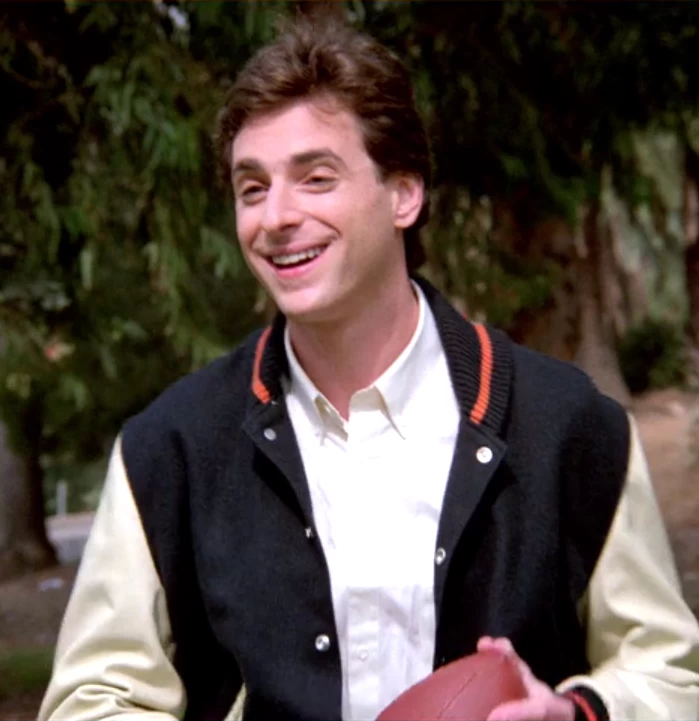
Be irresponsible
Yes, that, too, is an option.
In the first season of Roseanne, with the episode, “We’re in the Money,” Dan and Roseanne Conner try to figure out what to do with a $500 advance. They considered using it to pay bills – which would have been smart – it was, after all, an advance and not a bonus. A bonus is extra money, but an advance isn’t.
But instead, Roseanne ends up using some of the money to buy expensive perfume, and Dan buys a brass captain’s ship bell.
I tell you, while I can really feel for the Conner family throughout Roseanne and in the well done reboot, The Conners (which started in 2018 and will begin its fourth season in the fall), you have to shake your head at the logic of deciding that a cash advance should go to frivolous stuff -- and Roseanne’s bill paying process in general.
I've been there. I know exactly what it's like to be completely broke and to play "who am I paying this month?" roulette, but this episode really makes me cringe.
As Roseanne tells Dan, “I have my own system for extra money… First, we send in the phone bill, and we forget to sign the check… then we send the water bill to the electric company, and the electric bill to the water company… And you know that charge card bill? It never even showed up.”
“That’s illegal,” Dan says.
“Well, we could call them up and tell them that the card got ripped off,” Roseanne says.
“Roseanne, we gotta get back to reality here,” Dan says.
And so they plan on paying those bills, but after paying the bills, they realize that they’ll have $11.87. So instead, they don’t pay the bills and buy perfume and a brass captain’s bell.
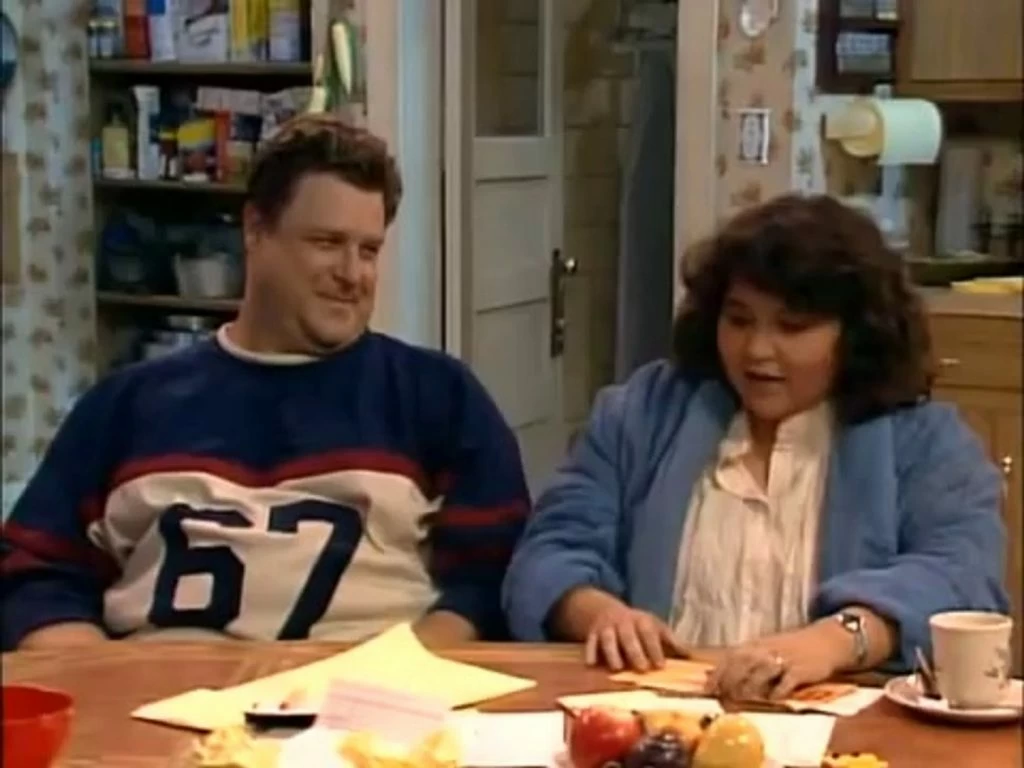
Invest it in a business.
Lowell Mather, the dim-witted but loveable aircraft mechanic on Wings, receives $25,000 from a trust fund, upon turning 31 and a half, as is the tradition in his family.
Of course, he needs to decide what to do with the money.
Lowell mentions that he is a “babe in the woods” when it comes to managing money, and Joe Hackett, being a very responsible sort, tells Lowell that if he needs any investment advice, he would love to pass some on. But before he can say anything, Lowell continues talking about how he doesn’t know what to do with the money, “what with the Fed pushing up the interest rate, and the bond market has hit rock bottom. And a T-bill, has a 4.5% yield on a 12-month commitment. I mean, that's a sucker move. So whatever you've got to tell me, I'm open.”
Joe’s brother, Brian, is amused. “C'mon, Joe what's your big advice?”
“I was going to tell him to open a savings account,” Joe says, somewhat speechless and sheepishly. “And tell them to stamp your passbook,” he adds.
Incidentally, Joe is talking about a passbook savings account, something that is rarely offered now by banks, with websites pretty much making them obsolete. These are savings accounts that come with a physical notebook, called a passbook, and it allows the consumer to track the flow of money into and out of the account.
“Passbook savings might not be sexy, but it's safe,” Joe says.
But mostly, the gang on Wings is thinking that Lowell should invest the money into some sort of business venture.
Antonio, the hapless island cab driver, wants Lowell to partner with him and put the money in a vending machine that gives out French fries. Lowell wants to call it, “Tater Time.”
Lowell isn’t too interested.
Roy Biggins, an airline owner and something of a good-natured sleaze, wants Lowell to invest the money in a friend’s porn film.
Fay Cochran, Joe and Brian’s front airline counter employee, thinks Lowell should invest the money in a new business that would be called Aunt Fay’s Frozen Falafels.
Lowell congratulates her for giving him a reason to reconsider Antonio’s idea.
Later, Lowell shares the big news that he has invested $25,000 into the old wax museum. Antonio is perplexed. “As a cab driver, I know every square inch of this island.”
He wants to know where this old wax museum on Nantucket could possibly be. Joe explains that it’s right next to the whaling village.
Antonio: “We have a whaling village?”
At any rate, Lowell is very excited about his new venture. “I mean, let’s face it,” he says. “A wax museum is practically a license to print money.”
Right.
As you would predict, the wax museum is in sorry shape. For instance, Abraham Lincoln is missing an arm. There’s a wax figure of Granny from The Beverly Hillbillies but the Jed Clampett wax figure was lost in a poker game by the former owner. The museum is dingy and rundown. In general, the wax museum has seen better days.
Or maybe it hasn't. Joe asks the tour guide, Lowell’s employee, how busy it typically is. The tour guide says that seeing the crowd now (consisting of Joe, Brian and Helen Chapel, who runs the lunch counter at the airline) “puts me in mind of the Great Christmas Rush of ’57.”
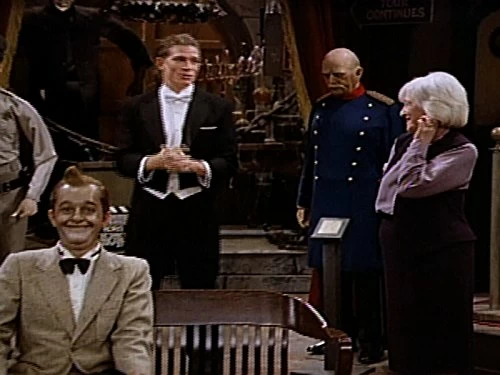
The crowds and profits don’t improve when Lowell has a grand reopening. Only his friends show up. Somebody wonders when the crowds will get here, and Brian responds: “As soon as they tear this place down and put up a Sizzler.”
Lowell tries to be optimistic. “You know how people are with wax museum grand openings," he says. "Everybody's got to be fashionably late.”
But nobody comes, and the reopening is a disaster. Lowell is discouraged but undeterred. He plans on shutting the place down for a month, borrowing more money (from a guy named Knuckles) and purchasing more wax statues to make the place bigger and better. (In some ways, you’d think Lowell could make this business work eventually. A lot of tourists go to Nantucket and are looking to sightsee. That said, they come for the island’s scenery and beaches and the whaling village and not to go inside a building full of wax figures.)
Well, as it turns out, a little later in the episode, there’s a fire in the wax museum. It's believed that the new lights overloaded the circuits and shorted out. The tour guide finds it ironic that the lights shorted out in the “dark ages display.”
Lowell looks at his ruined wax museum and vows to rebuild – until he learns the place was fully insured. Thrilled, he is free of his investment and has his money back, and while we don’t see how he invests it, hopefully he ended up going with Joe’s passbook savings account idea. Or maybe he called up Danny Tanner to discuss the merits of investing in T-bills.
Where you can watch these shows (at the time of this writing): Wings and Full House is on Hulu.com, which will make it easier for Lowell and Danny to meet up. For those wondering, Fuller House, the sequel to Full House, is on Netflix.com (but you won’t find Full House there). Roseanne can be found on PeacockTV.com, but its sequel, The Conners, is on Hulu.com.
The TV Professor articles similar to this one: Maybe the Seinfeld-heavy post, about the importance of thinking through financial outcomes.

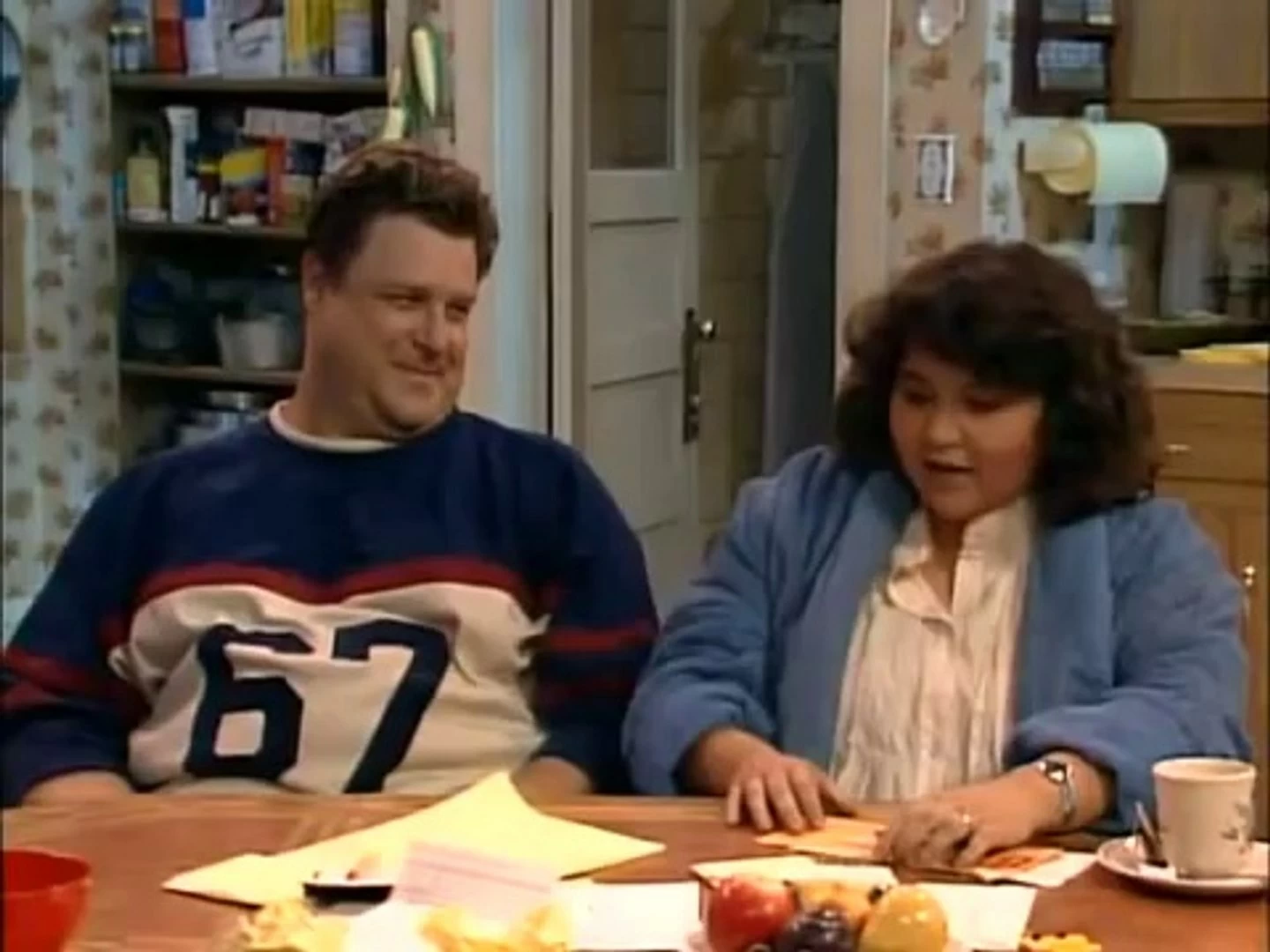
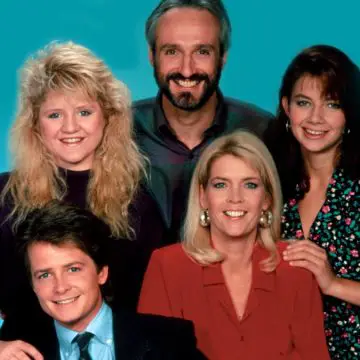
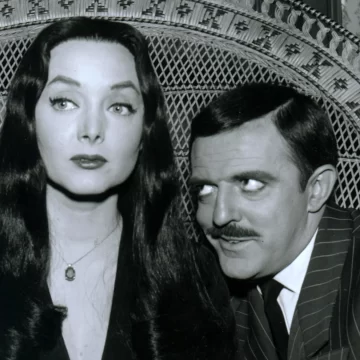

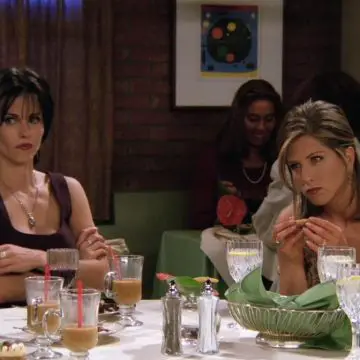
Leave a Reply